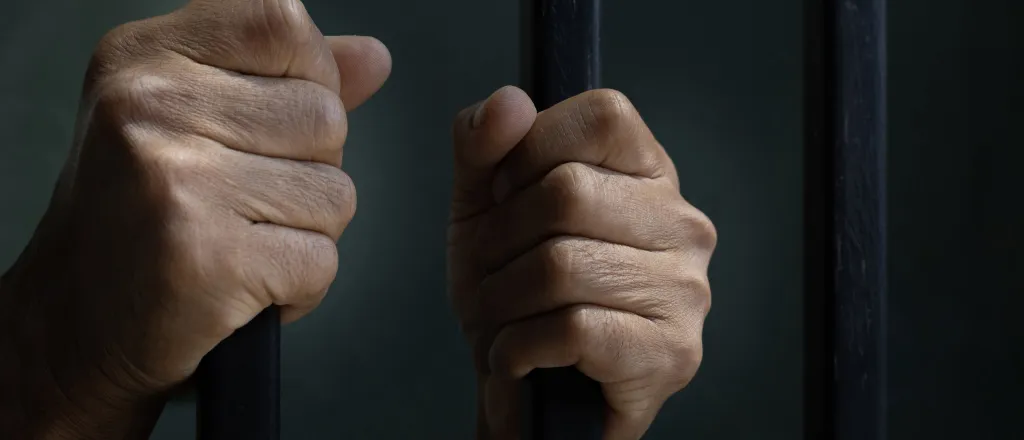
South Dakota's new prison project doesn't erase reform questions
© Akarawut Lohacharoenvanich - iStock-1436012592
Click play to listen to this article.
As South Dakota moves forward with a hotly debated prison project, reform experts are looking at what lies ahead.
Governor Larry Rhoden last week signed a bill to construct a $650 million men's correctional facility in Sioux Falls. Backers said it is needed to replace a more than century old prison dubbed "The Hill." Aside from the price tag, opponents questioned the need by pointing to decreasing violent crime numbers.
Wanda Bertram, communications strategist for the Prison Policy Initiative, said projects of this size often go over budget, wondering if the final cost will be higher. She agreed with concerns about the current prison but added the new one will be bigger. She fears the criminal justice system will naturally place more people there.

"When what you have as a tool for criminal justice is prison, you send more people to prison," Bertram contended. "This is going to be a project that expands the size of South Dakota's prison system, and that's saying something since South Dakota already has, consistently, one of the 10 highest incarceration rates in the U.S."
While the new plan also includes a task force to examine recidivism, Bertram feels the state should step up investments in diversion programs. South Dakota's higher incarceration levels have been linked to nonviolent offenses such as drug arrests. Project supporters argued the new prison increases space for rehabilitative and vocational services.
Bertram noted out there is another factor South Dakota cannot lose sight of when trying to figure why so many people end up back in prison after they've served out their sentence.
"In South Dakota, almost half of prison admissions in 2023 were for a technical violation of supervision, whether probation or parole," pointed out. "A technical violation is a noncriminal violation. You miss a meeting with your officer. You don't go to a class. You don't inform them of a change in address."
State data show the percentage involving informing a parole agent, was closer to 35 percent last year. Reform advocates said it is still too high and should prompt states to move away from a "surveillance driven" parole system.
As the new prison is built, the Policy Initiative said securing adequate staffing is worth monitoring, given South Dakota's challenge in finding enough people to work at existing facilities, namely for health care needs.
















